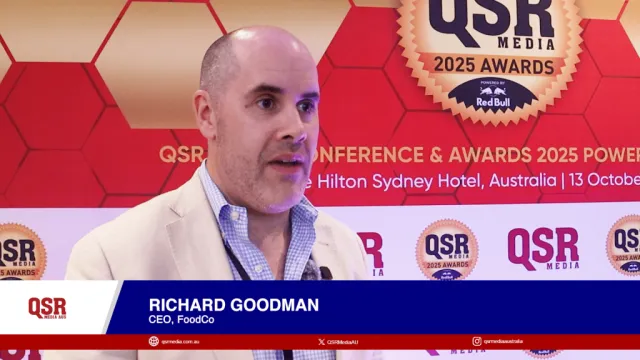
Calls for food character ban are comical: Australian Food and Grocery Council
As leading food companies have already stopped using characters in advertising high fat, sugar and salt food products to children.
The Cancer Council claims nearly 75 per cent of promotional characters – such as Coco the Monkey – on Australian food products “aimed at children are high in fat, salt and sugar”, prompting calls for a ban of licensed characters.
AFGC Chief Executive Kate Carnell said industry had already stopped using licensed characters in advertising HFSS food products to children under the Responsible Children’s Marketing Initiative. The industry code involves the majority leading food manufacturers who have committed not to advertise HFSS foods to children under 12, unless they promoted healthy dietary choices and a healthy lifestyle.
“Industry has removed licensed characters from advertising HFSS food products to children in a range of different media such as TV, radio, online and in school canteens – under the RCMI,” Ms Carnell said.
“Licensed characters such as Coco the Monkey and Freddo Frog have been around for decades in Australia – the obesity epidemic only started in the 1980’s. So you simply can’t blame the obesity problem on Coco and Freddo.
“There’s also been a strong online backlash over calls for a ban today from Australian parents, with mums and dads saying the Cancer Council has taken the issue one-step-too-far.”
Ms Carnell said industry’s RCMI has been effective in reducing the number of adverts targeting children for HFSS foods.
The latest independent research in Australia found only 2.4 per cent of adverts on children’s TV were for HFSS foods – between March to May 2010. These adverts were primarily placed in error by advertising agencies.
“Clearly these outcomes show that there is no need for advertising bans of HFSS foods on children’s’ television in Australia. Advertising bans, which amount to censorship, are not the answer to addressing Australia’s obesity problem,” Ms Carnell said.
Similar bans on advertising these foods to children in Sweden and in Canada have been unsuccessful in combating obesity. In fact, in Quebec after the ban was implemented, obesity tripled among boys and doubled for girls. A recent Productivity Commission study also found the link between TV viewing and childhood obesity was “small in magnitude” and it was “difficult to discern a relationship between advertising and body weight.

























